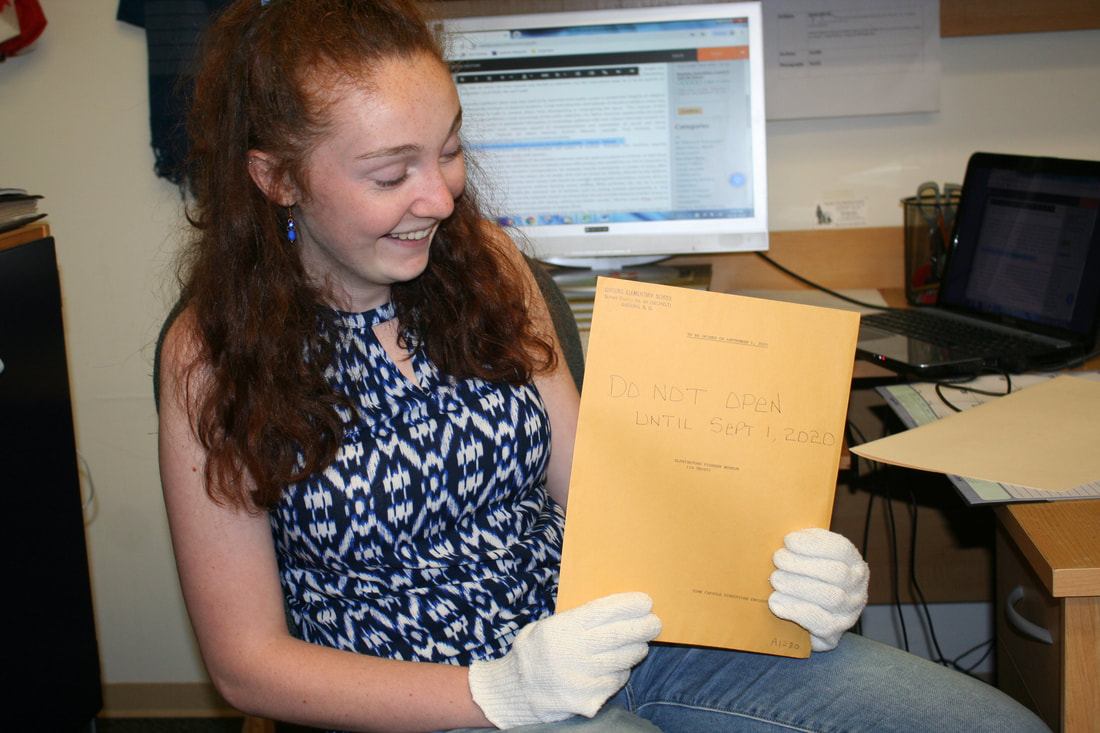Either the donor or the museum curator or archivist may decide to restrict an archive. The reasons for this can vary greatly but the over-all purpose is to protect sensitive information. For example; if a diary is donated and a person who was written about in the document is still alive, the curator may choose to preserve the book in a sealed envelope. Nobody, including the museum staff in this case, has permission to open the envelope until a pre-determined date, which would have been decided and recorded at the time of the acquisition.
The Sunshine Coast Museum and Archives holds some restricted archives. One that has recently caught our attention is a large envelope containing a map which leads to a time capsule created by Gibsons Elementary. The date on which the time capsule was buried is unknown, but the instructions state for it to be opened on September 1st of 2020. We can’t wait!
Laura Millar, a well-known archival consultant and author of Archives- Principals and Practices, expertly summarized the subject to SCMA staff recently:
"Archivists act as trusted custodians of documentary evidence, and our goal is to preserve archives so that these materials may be used. But archivists have to balance access with privacy, and sometimes we find it necessary to restrict access to archives. Sensitive correspondence, for example, may be restricted for a number of years, often until the people mentioned in the letters are no longer alive and so cannot be directly affected by the contents of the communications. Archivists work closely with donors to consider appropriate restrictions, and we strive to support reasonable privacy concerns without denying access entirely. What archivists will not do is accept restrictions that unfairly inhibit the potential use of archives, such as closing archives permanently or only permitting certain people to use the materials. Unless we ensure that we can provide balanced and fair access to the materials in our care, archivists are left storing nothing but hidden secrets." (Laura Millar, archival consultant and scholar, personal communication, 8 August 2019).
The world of ethics in museum work is complex and ever evolving. There are always countless points of view to be taken into consideration; even a seemingly straight-forward inquiry into archival restriction reveals the many layers of expertise that are required in the field. So much waits to be discovered in the world of archives, who knows where our sealed map will take us next September!


 RSS Feed
RSS Feed
